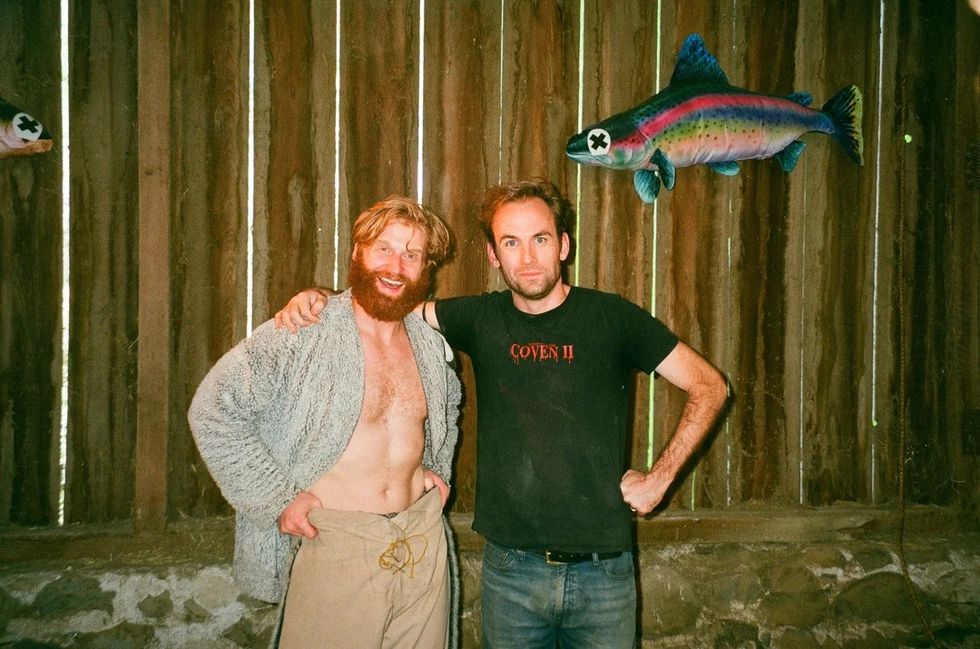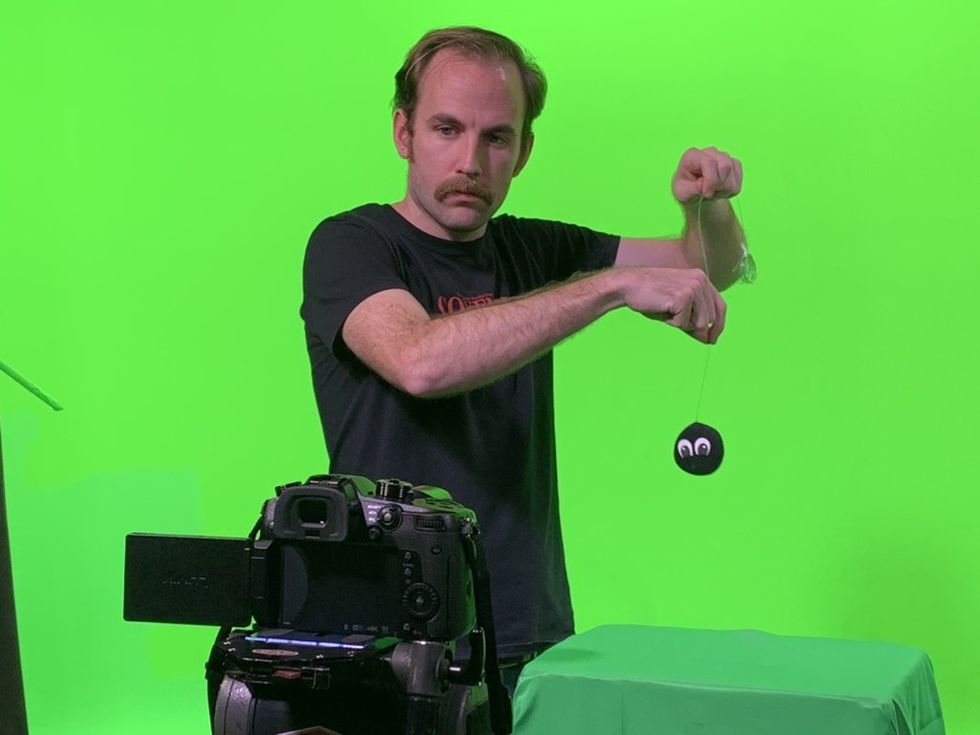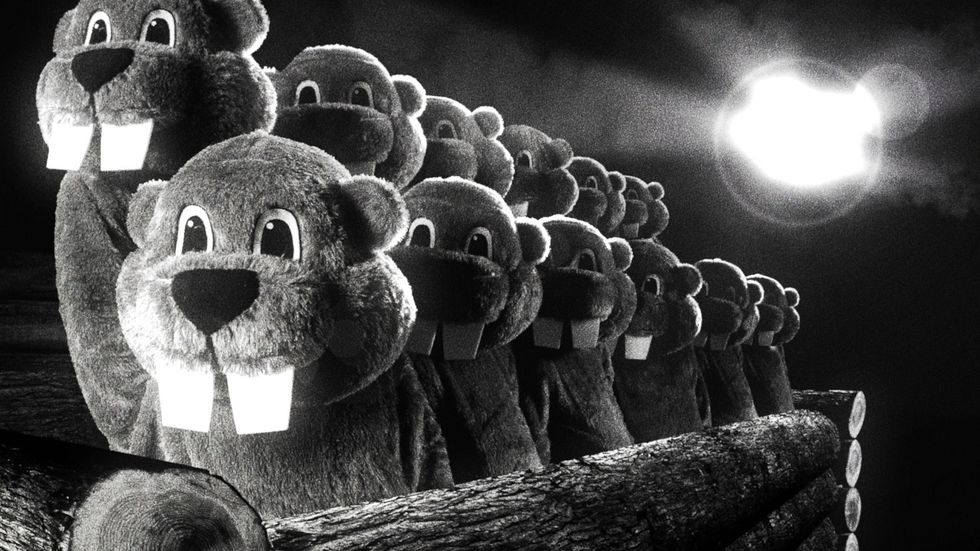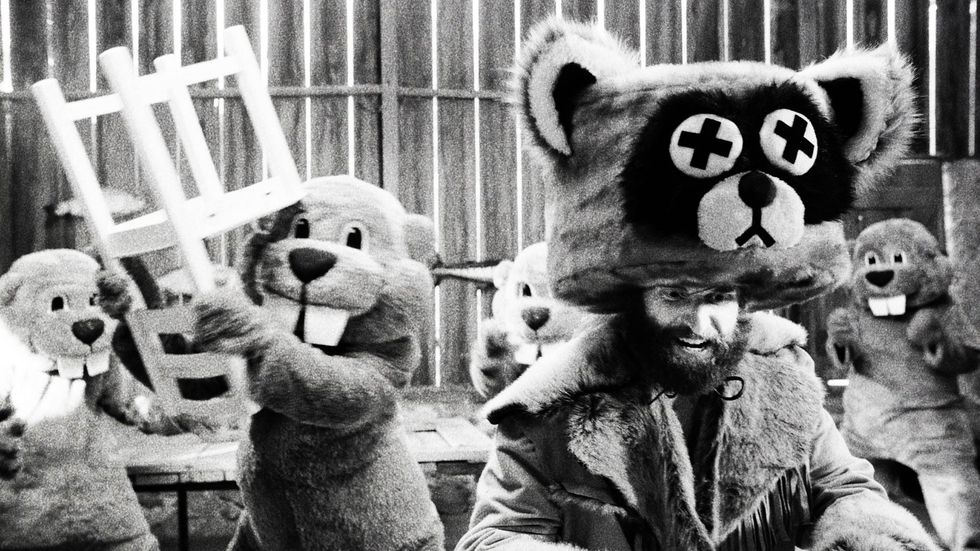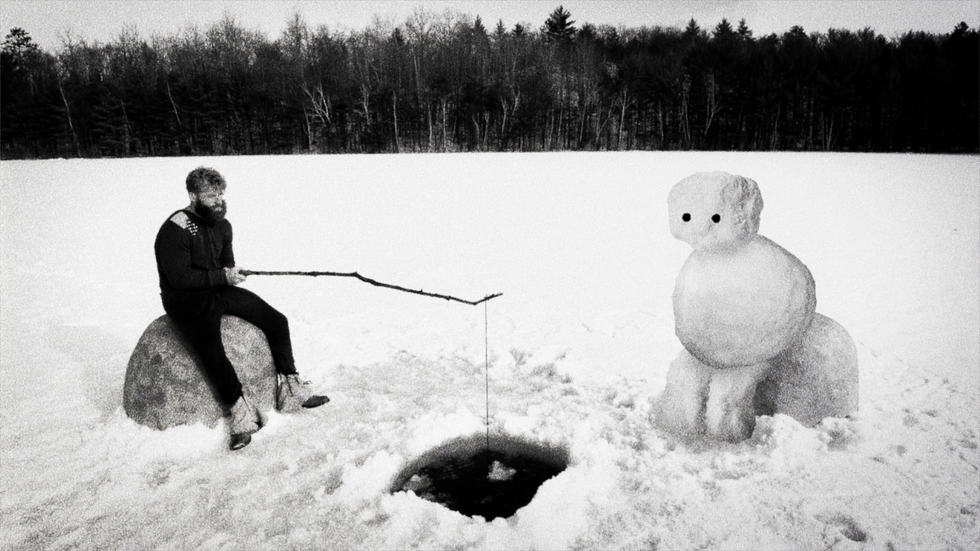How 'Sex, Lies, and Videotape' Changed How We Make Movies
Steven Soderbergh's first film is still the standard-bearer for how we make indie movies.
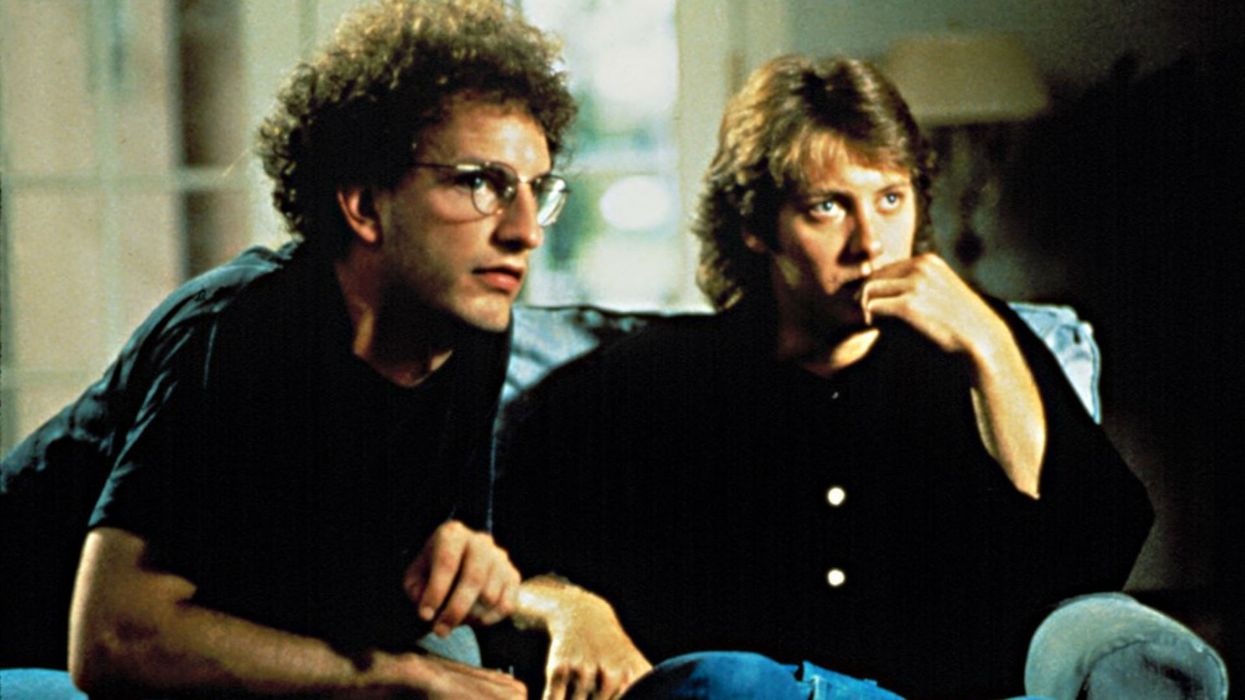
Working with a $1.2 million budget and five weeks to shoot his debut feature (including a week of rehearsals), Steven Soderbergh once called sex, lies and videotape “the only movie I’ve ever made where I felt like I had all the money and all the time I needed.”
It’s a hard claim to believe given everything that came afterward from him; just over a decade later, after all, he was launching a big-budget studio trilogy that starred not one or two but nine or ten of the biggest names in Hollywood. But the quote less exemplifies Soderbergh’s struggle to secure funding for his ideas than it does his fierce independence in an industry that often anesthetizes even the most combative dispositions.
Celebrating its 30th anniversary on August 4 (the day it premiered in New York and LA), sex, lies and videotape galvanized the industry at the time of its release as independent filmmaking’s pre-emptive strike on the Hollywood establishment. But the film also became a signpost and point of inspiration for aspiring storytellers worldwide thanks to Soderbergh’s fearless, irrepressible talent, as well as the filmmaker’s do-it-yourself approach to a filmmaking process that traditionally - and often necessarily - demands collaboration.
At the time of his wunderkind rise to fame, winning the Sundance Audience Award and later, Cannes’ top prize, the Palme d’Or, myths were readily spun about his feverish creativity - starting with the writing process, which took place over eight days on yellow legal pads during a cross-country trip. But before that voyage in December of 1987, Soderbergh spent more than a year thinking about the project, taking notes and writing ideas for scenes until they finally poured out of him, cohesive and clear, to initiate the actual process of making the film. Although the studios were hardly in the same sort of tentpole-only business that they are today, the project remained a real outlier. It settles uneasily between the established frameworks of prestige dramas and lurid thrillers, featuring deliberately understated conflict and carnality that’s operates almost exclusively psychologically.
Reading excerpts from Soderbergh’s book about the film (helpfully reprinted in Criterion’s stellar Blu-ray release), the filmmaker’s self-assurance was immediately evident - even when he doubted himself. Twice during the casting process, first with Andie Macdowell and later with James Spader, Soderbergh discovered that actors were capable of giving performances he hadn’t already seen from them, and formally announced he’d “assume an actor can do anything I require until he/ she proves otherwise.”
His initial decision to shoot in black and white got subsequently overturned; not simply because he struck roadblocks to funding the film if it wasn’t in color, but because revisions to the script encouraged him to look at his own work to see what he felt it needed then, and follow a path forward from there.
These feel like the lessons young filmmakers should carry forward - not simply the determination or certitude of one’s own vision, but the confidence to change what that is in order to make the best film possible.
Soderbergh famously wrote, directed and edited sex, lies and videotape, and its acclaim reinforced, for better or worse, the unassailable authority of the director, the auteur in control. But he’s also a filmmaker who insists he doesn’t believe in possessory credits on his films, even as he does have more and more on each of them -- eventually adding producing, cinematography, composing and even acting to his repertoire. And yet the closer he gets to his work, the further he ventures away from industry politics; his films touch on similar and sometimes overlapping themes, but he carefully avoids developing an identifiable style.
And whenever he begins to seem too cozy within the studio system or risks working as a purveyor of storytelling that seems too conventional, he switches direction, imposes arbitrary limitations on his own resources, or even blows up that momentum with a project that defies expectation, much less understanding.
As a consequence, his career continues to confound, even as his enthusiasm for individual projects thrives more vividly than ever. Though he cares deeply about piracy and the demise of creative autonomy in an increasingly corporatized industry, he is absolutely indifferent to the way his films are seen.
He simply loves the process, deeply and profoundly, of telling stories, and will use any means - including an iPhone, as he did with 2018’s Unsane - to bring them to life. And that all began as a 26-year-old “prodigy” who turned a story about two estranged college friends -- and their complicated relationships with each other, the women in their lives, and true intimacy -- into an unforgettable, indelible portrait of fractured, dynamic humanity, captured on an utterly disposable and eventually discarded medium - videotape.
Given the legend that sprung up around the film’s success and Soderbergh’s meteoric rise, it’s easy to forget that sex, lies and videotape continues to resonate as much because of what it has to say as how it was made, even where the latter story overshadows the former; but if there’s one lesson to draw from his debut, it’s that tape (or film or digital video) can be forever - but for a filmmaker, capturing the right combination of elements in the right way is an opportunity that exists, and must be seized, in less than a moment.

